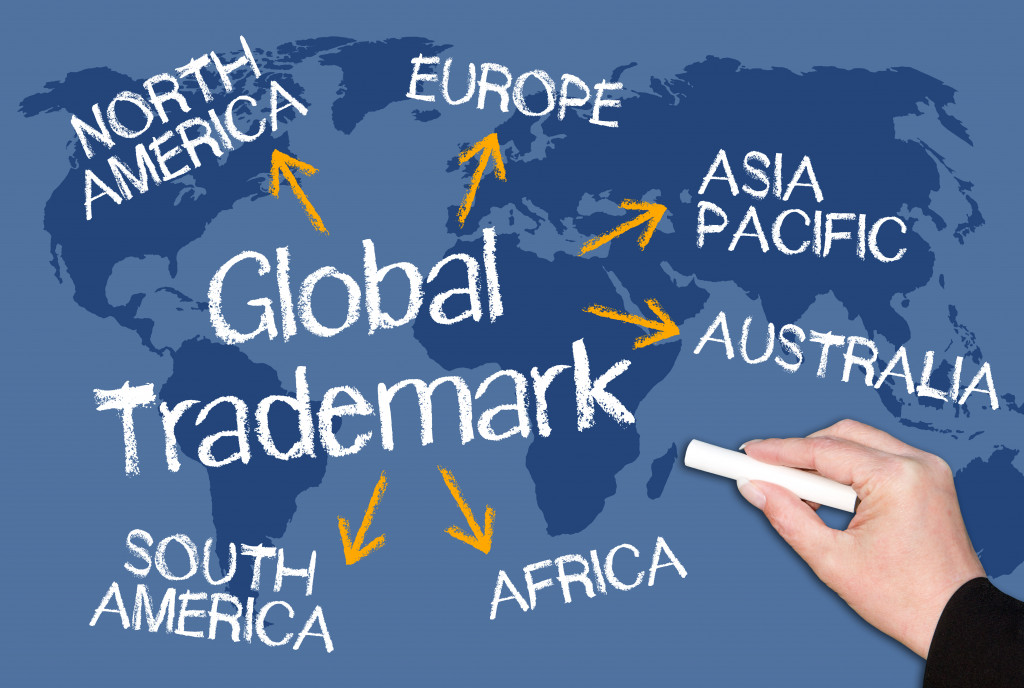One of the best things about marketing is that it’s a never-ending process. You can always refine your strategy and improve your techniques, but you’ll never stop coming up with new ideas. For those looking to take their business international, some tried-and-true strategies will help get you started on a path of success! This blog post will go over five strategies that have been proven to work in the past and can help jump-start your international marketing efforts.
Study local customs and culture
Many people have preconceived notions about other cultures that can be problematic when it comes to marketing. The most important thing to do is research the local customs and culture before beginning any campaigns or initiatives abroad.
Understanding what makes their society tick will allow you to tailor your strategies accordingly and avoid common pitfalls like these. You’ll also learn some things about them along the way that might help create better content for future campaigns as well! Unknowingly offending someone in a different country could result in negative feelings towards your brand, which will only make matters worse!
The first step of international marketing should always be looking into how best to communicate with customers in another country without alienating anyone who doesn’t speak English (or whichever language you’re trying to reach).
You can do this by creating a separate, dedicated website for the country you’re targeting or by translating your content into their language. If translating feels like too much work, at least use subtitles on all your marketing videos to ensure that no cultural barriers stand in your way. Learn how to use subtitles if you want to help your readers.
Focus on the local market
It can seem like a no-brainer to focus your marketing efforts abroad, but it’s smarter to start by concentrating locally. Building up an international following takes time and effort, so make sure you have solid ground before branching out!
There are plenty of customers in your own country who will be willing to buy from you if they know about what you offer. If there is demand for your services domestically then, this should be an easy transition into expanding internationally because the chances are that people in other countries might want something similar too!
For this strategy to work, though, you’ll need enough capital or resources available (people with a diverse skill set or understanding) to ensure success both at home AND abroad.

Adapt your products or services to fit with the needs of locals
If you’re already selling your product on the international market, then it’s a good idea to make sure that they are tailored for the local marketplace.
The needs of customers in different countries vary widely, so success will be more dependent upon what you do than where you start out! Evaluate how well your products or services will fare against competitors in another country and adjust them accordingly as needed.
For instance, if you own a sandwich shop franchise locally but want to expand it abroad, you want to figure out what kind of sandwiches are popular in that country. You will want to create a sandwich people prefer there with locally sourced ingredients to suit their taste.
However, the goal of international marketing should be to capitalize on what’s already working for you instead of trying something new blindly. Do some research beforehand so that if something doesn’t work, there are no surprises when it comes time to act upon those findings.
This strategy also includes understanding how people use the product or service before deciding where to distribute them. If they’re eating chicken but not pork, don’t bother serving pork or bacon sandwiches- make chicken sandwiches instead! The same goes for distribution methods: just because someone has access to a computer doesn’t mean they’re going to use it, so consider how customers are most likely to find out about your product or service before you make a decision.
Partner with other companies in the same industry
It’s much easier to break into an international market when you have more resources at your disposal. Partnering with another already established company in the area will provide both of you with added support and help reduce costs for everyone involved! Who knows, you might even find some suppliers or distributors from their country who are willing to work with you too. This would be great news since one thing that makes marketing abroad challenging is finding people locally who speak English fluently (or whichever language they’re targeting).
If they don’t know what it means to do business internationally, this could end up being incredibly frustrating. So make sure there’s someone on board who understands these challenges before taking any big steps.
Building relationships over an extended period is essential for a successful international marketing campaign. The point isn’t to take advantage of another company’s connections and goodwill – it’s about working together so that everyone involved is managed well.
These four killer strategies could help you get started on your own international marketing campaign. Remember, the key is to constantly adapt and adjust until it feels right for everyone involved!

